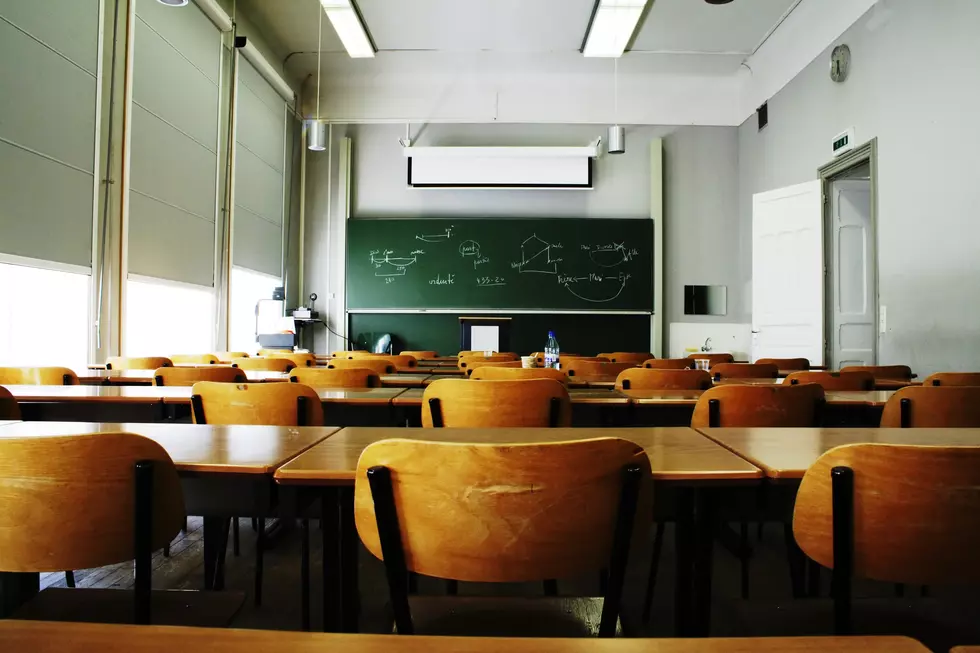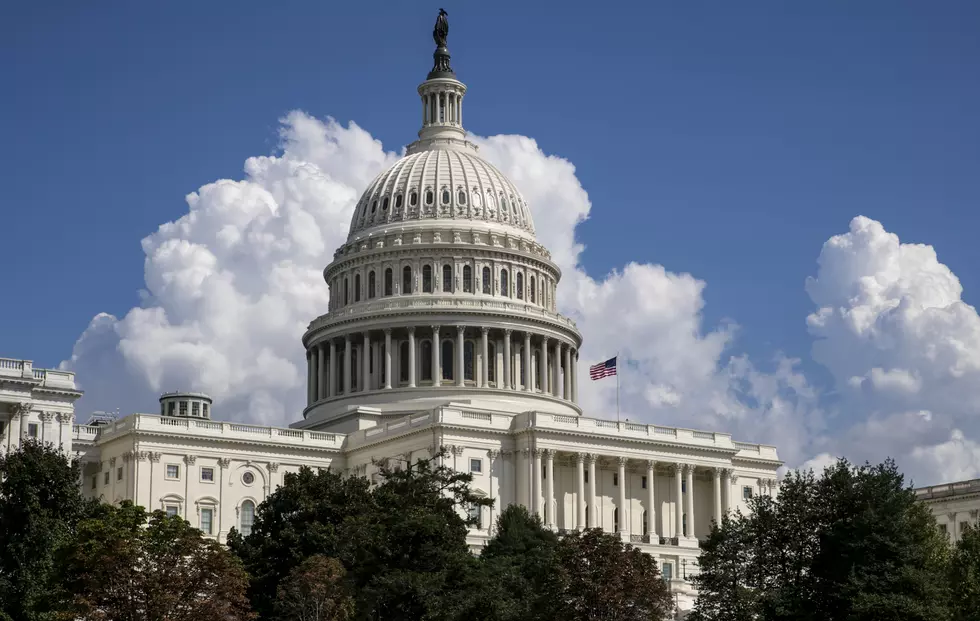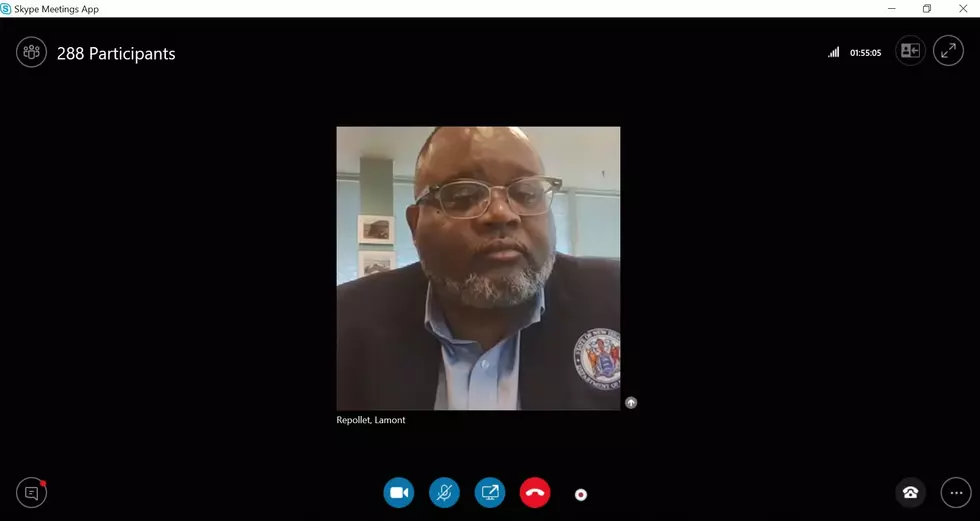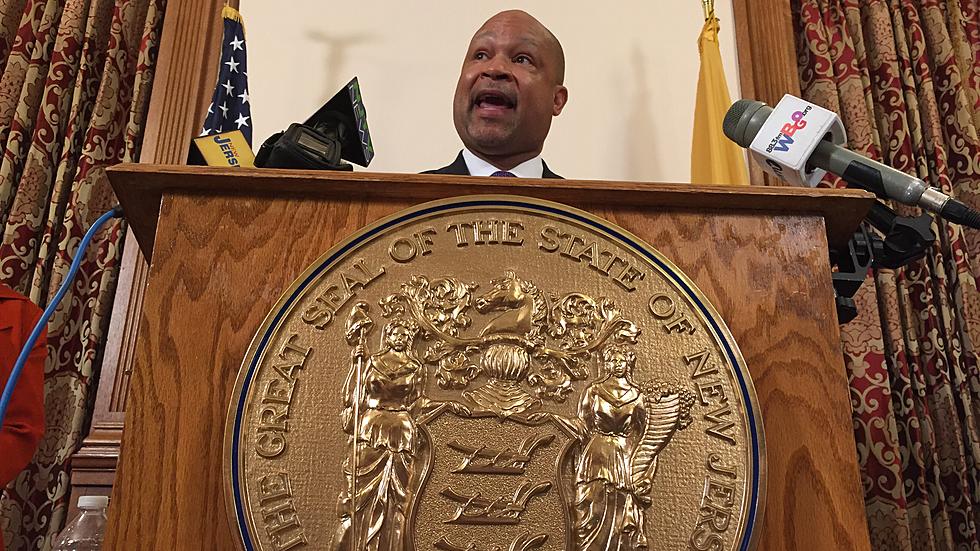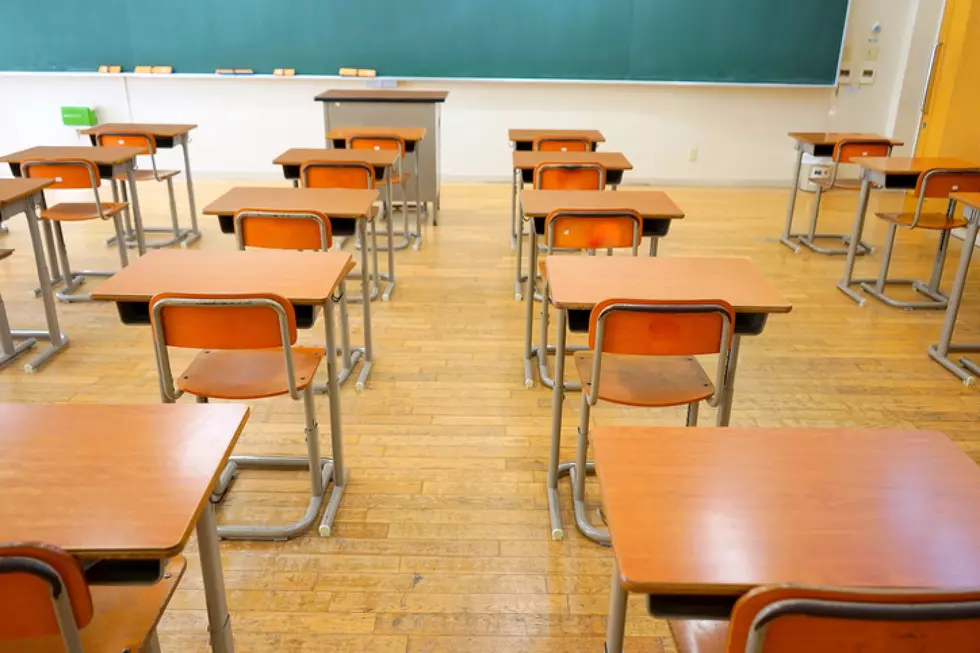
Monitoring ends with some special ed programs still noncompliant
More than half the New Jersey school districts whose special education programs have been annually monitored by the state since 2014 as part of a lawsuit settlement are now fully following state regulations.
But 30 still aren’t, despite five years of monitoring that has now concluded, including 21 missing the mark in at least one-third of the nine areas checked.
“There are always districts that are noncompliant, and I think the settlement shows that by sort of targeting, training and focusing, you could improve the compliance,” said Elizabeth Athos, a senior attorney at the Education Law Center.
“These districts that are not complaint still have the obligation to become compliant,” Athos said. “The state still needs to provide assistance to those districts in becoming compliant.”
The lawsuit was filed in 2007 by the Education Law Center and three other advocacy groups and was finally settled in 2014.
Athos said New Jersey at the time was one of the most segregated for students with disabilities, and so the state was sued over some school districts’ disproportionate and unnecessary use of out-of-district programs, rather than the ‘least restrictive environment’ as mandated.
“Federal law requires that kids with disabilities be educated to the extent possible with their typical peers, and that wasn’t happening in New Jersey,” Athos said.
It’s happening in more places now, but not universally. Of the 76 districts monitored, selected because they were known to have issues in the special education program, 46 are now fully compliant.
Another nine missed in just one or two areas of the nine analyzed. Twenty-one remain noncompliant in three areas or more. Paulsboro was noncompliant in seven.
The area in which districts struggle the most is using supplementary aids and services to support special education students in general education classrooms.
Athos said she isn’t concerned that districts will return to old habits now that the monitoring is complete. She said parents can contact the Education Law Center or Disability Rights New Jersey if they know of violations but that the ELC isn’t able to take on every case it learns about.
“I don’t know that I’m as worried about backsliding because I think if districts have been doing inclusion and making it work, they will see benefits to students, both with and without disabilities,” Athos said.
A list summarizing how each of the 76 school districts fared in the final monitoring period as compiled by the Education Law Center is available through this link.
New Jersey: Decoded cuts through the cruft and gets to what matters in New Jersey news and politics. Follow on Facebook and Twitter.
Michael Symons is State House bureau chief for New Jersey 101.5 and the editor of New Jersey: Decoded. Follow @NJDecoded on Twitter and Facebook. Contact him at michael.symons@townsquaremedia.com
More From New Jersey 101.5 FM
